1. When and how did Armenian leaders meet with Angela Merkel?
In January 2003, President of Armenia Robert Kocharyan, who was paying a working visit to Germany, met with the representative of the German opposition, CDU Chairperson Angela Merkel.
The next meeting between the two took place in November 2006 in Berlin, when Merkel was already a Chancellor. The leaders stated then that the bilateral relations were greatly invigorated and the German government and private investors played an important role in various economic projects in Armenia.
In February 2009, Angela Merkel met with the President of Armenia Serzh Sargsyan in Munich. In May of the same year, Armenian and German leaders talked again in Prague, at the margins of the EaP Summit. Merkel told Sargsyan that Germany support the efforts aimed at normalization of Armenia-Turkey relations.
The next meeting between Sargsyan and Merkel took place in June 2010 in Berlin. Serzh Sargsyan noted at the meeting that Azerbaijan kept making statements about military solution for the NK issue, thus threatening not only the Armenia-Azerbaijan peace talks, but also the overall stability in the region.
The two leaders met again in May 2015 in Riga, at the EaP Summit. Their last meeting was on 6 April 2016, just a day after the April War ended. It was at the joint post-meeting news conference when Serzh Sargsyan made the famous statement that Armenia is “fighting with weapons from the 80s”.
2. What did Merkel say about the Nagorno-Karabakh conflict?
At the same joint press conference of 6 April 2016, Angela Merkel stated that the OSCE Minsk Group plays an important role in peaceful settlement of the NK conflict and that Germany as an OSCE Chairman is trying to accelerate the process of establishing stable ceasefire in the conflict zone.
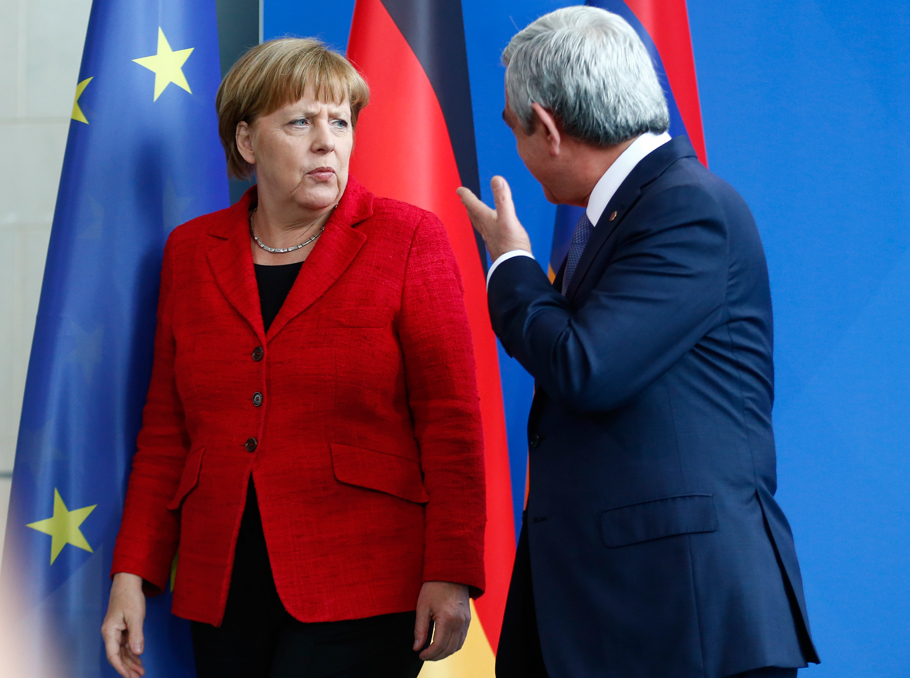 Angela Merkel and Serzh Sargsyan on 6 April 2016 in Berlin
Angela Merkel and Serzh Sargsyan on 6 April 2016 in BerlinPhoto: REUTERS
Merkel urged the conflict parties to return to the negotiation table. “Peaceful settlement of the conflict proceeds from the interests of all countries, Armenia in particular, given its geographic position,” said the German Chancellor.
3. What was Merkel’s position in recognition of the Armenian Genocide?
In May 2015, Serzh Sargsyan met with Merkel in Riga and shared his gratitude to the German leadership for their position in condemnation of the Armenian Genocide.
In June 2016, when the Bundestag was discussiing the resolution on recognition of the Armenian Genocide, Merkel said that Germany intended to facilitate a dialogue between Turkey and Armenia, including reflection on what happened in the Ottoman Empire.
She made that statement at the joint press conference with NATO Secretary General, answering the question about recognition of the Armenian Genocide by the German Bundestag.
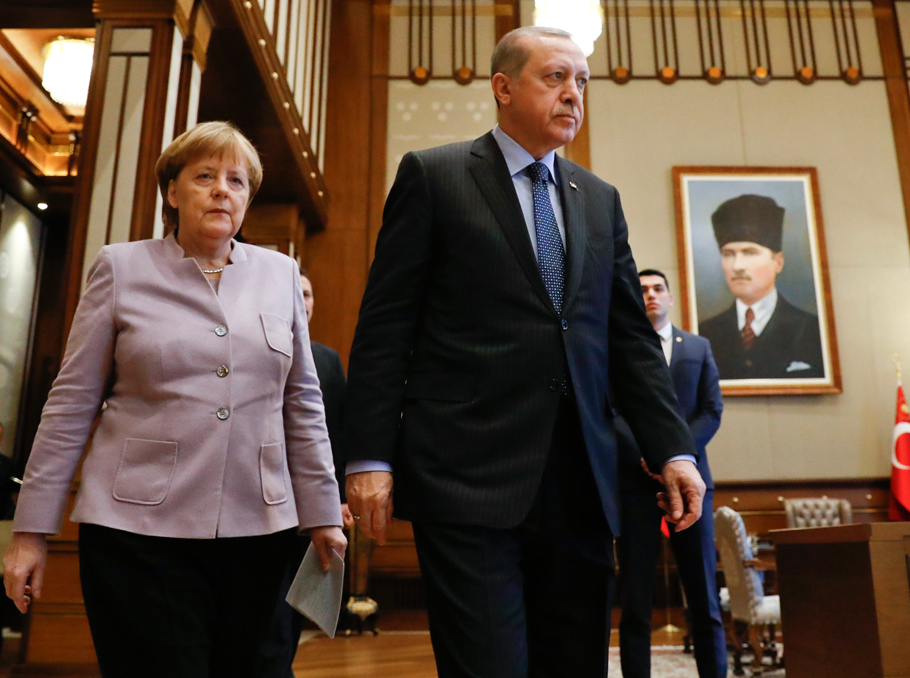 Angela Merkel and Recep Tayyip Erdoğan
Angela Merkel and Recep Tayyip ErdoğanPhoto: REUTERS
“A lot of things tie Germany and Turkey. That is why the German Government and I intend to contribute to establishment of a dialogue between Armenia and Turkey,” said Angela Merkel.
In September 2016, Merkel said she wasn’t “distancing” herself from the resolution, adopted by the German Bundestag on June 2, which recognized the 1915 massacre of Armenians by Ottoman forces as Genocide.
“Volker Kauder, the head of the Christian Democrats in parliament, told a meeting of party members that he had spoken with Merkel and she emphasized her position, said the sources, who attended the meeting. Merkel also noted that she had voted to support the resolution during a party meeting before the vote, although she was not present when the vote took place in June,” Reuters reported then.
4. How did Armenian President become an unwilling witness to Merkel’s harsh words to Yanukovych?
In December 2013, Spiegel International reported that the President of Armenia unwillingly witnessed a harsh conversation between German Chancellor Angela Merkel and President of Ukraine Victor Yanukovych at the EaP Summit in Vilnius.
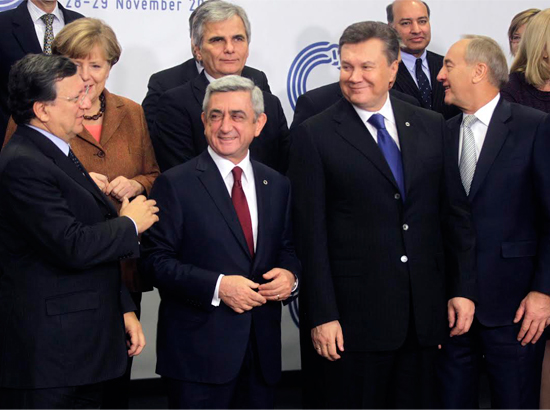 Armenian President witnessed Merkel’s and Yanukovych’s hard talk, Spiegel writes
Armenian President witnessed Merkel’s and Yanukovych’s hard talk, Spiegel writesPhoto: REUTERS
“They had gathered at a festive dinner in the former palace of Grand Duke of Lithuania, with the city of Vilnius getting ready for Christmas, along with leaders from the EU and Eastern European countries. The truffle pastry hadn’t been served yet when President Yanukovych started an incoherent talk about his country’s complicated relations with Europe on one hand, and Russia on the other. But at some point Merkel interrupted the Ukrainian President and brusquely told him he might as well stop talking. “You are not going to sign anyway”, she said brusquely. Armenian President, who was sitting beside her, looked at her in surprise,” Spiegel International reported.
5. Is it true that Angela Merkel visited Soviet Armenia?
There’re rumors in Yerevan that former GDR citizen Angela Merkel visited Soviet Armenia as a tourist. That information hasn’t been confirmed.
In 2016 Mediamax brought up those claims in the interview with Ambassador of Germany to Armenia Matthias Kiesler, who commented:
“I don’t have any exact information on that. She is a scientist, she studied physics, so it could have been that as a student she had been here. Chancellor Merkel is a very curious person and very open to other cultures, so I could imagine that she was here.”














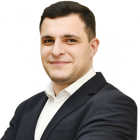

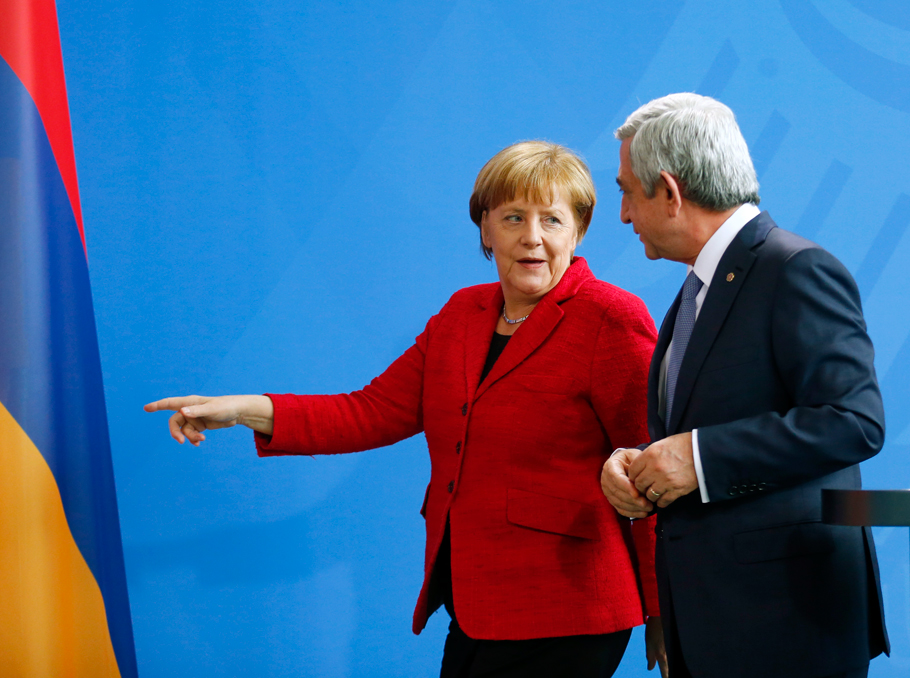

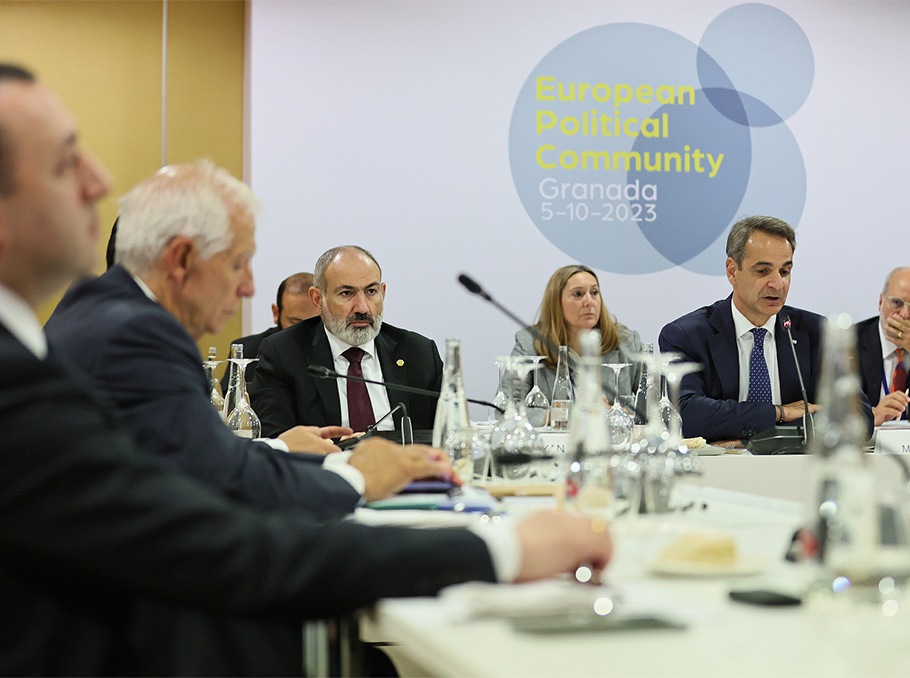
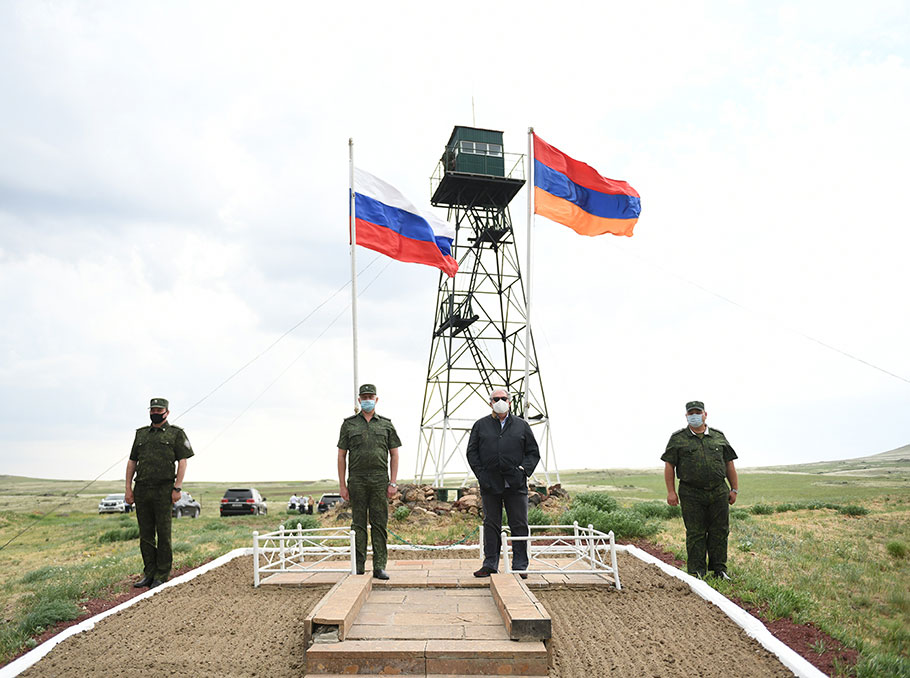
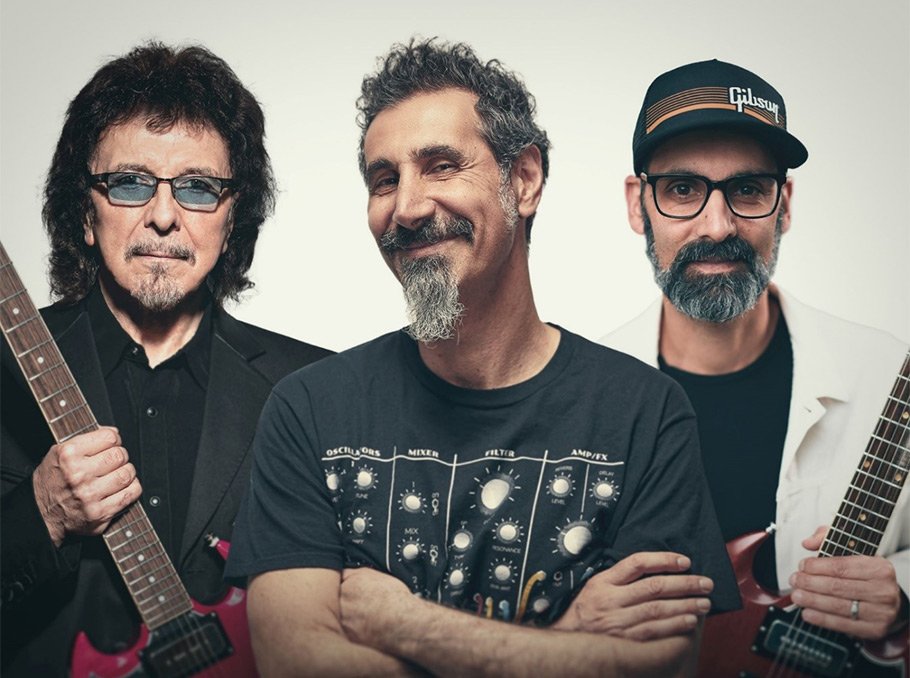
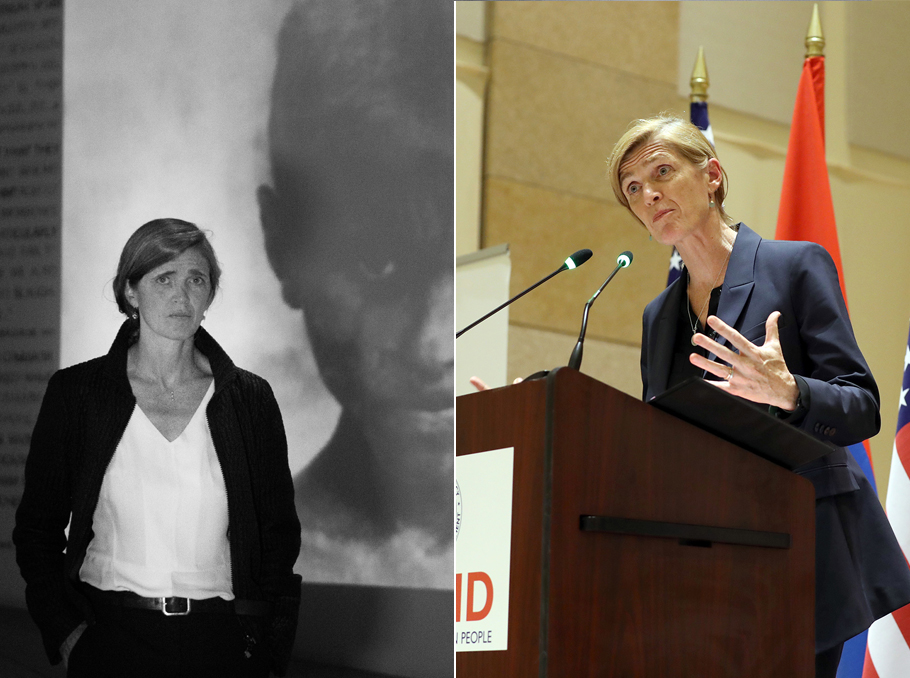
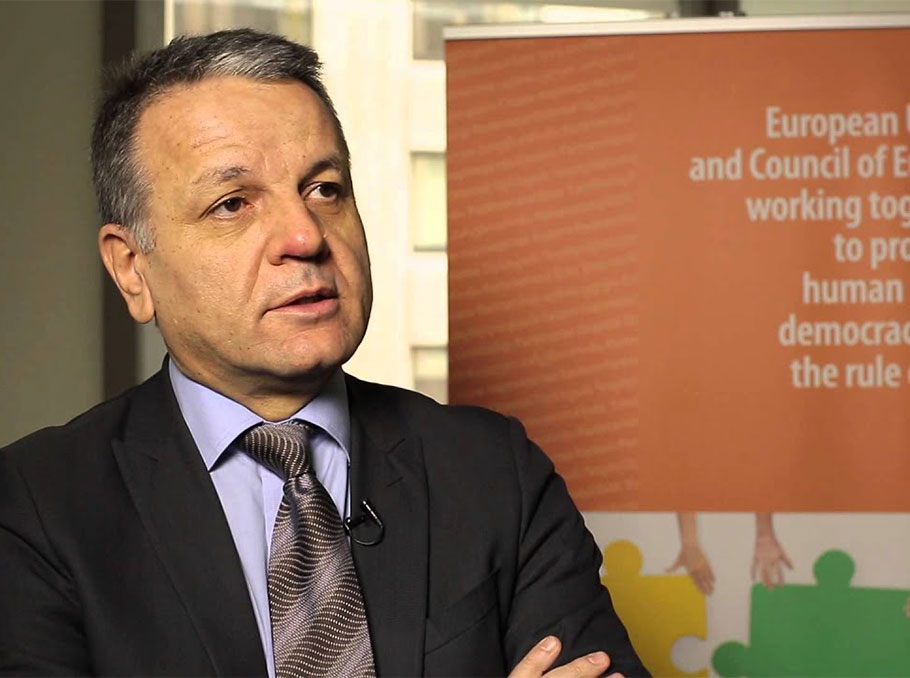





Comments
Dear visitors, You can place your opinion on the material using your Facebook account. Please, be polite and follow our simple rules: you are not allowed to make off - topic comments, place advertisements, use abusive and filthy language. The editorial staff reserves the right to moderate and delete comments in case of breach of the rules.